What if everything in your predictable future was changed in a single moment? That’s what happened to Marina Chapman. She was being a kid, and the next thing she knew, she was growing up with monkeys in a jungle.
The monkeys didn’t take up with her immediately, but they were vital to her survival.


Her earliest memory was as a four-year-old. She was playing outside in her village. She felt the presence of two adults, and then a hand covered her mouth with a white cloth. Marina lost consciousness.
She thought the cloth had something in it because her next memory was being driven in a truck and dumped in the jungle. Marina thought the kidnappers would return, but they never returned for her.
Feeling abandoned, she screamed and cried for help that would come years later.
You may have doubts when you hear of a small child being left in the jungle and surviving. We will discuss what she says happened and what experts say couldn’t happen.
As you read this article, ask yourself if you believe Marina or think the story is too fantastic to be true.
How The Monkeys Slowly Accepted Her
After wandering the jungle for so long, her clothes barely looked unrecognizable. She kept looking for her home. She couldn’t find any humans but stumbled upon a group of monkeys. They were the closest thing to people she had seen.
At first, the monkeys ignored her, which was better than them reacting to her as a threat. She watched them act like a family and wanted nothing but to be included. They still weren’t interested in her.
She thought she would die because of the food poisoning from tamarind. An older monkey, whom she calls Grandpa, guided her to muddy water and made her drink from it.
She threw up a few times but started to feel better. It was after this that the monkeys began to accept her.
With watchful eyes, she learned from the monkeys. She would follow them around and collect the bananas they dropped. Just by paying attention, she understood what was safe to eat, how to groom herself, and how to climb trees.
The Monkeys Were Her Family For Years
The monkeys eventually trusted her enough to let her sit with them in the trees. When they would go out scavenging for food, she felt anxious and would miss them.
Since she couldn’t remember how to speak or any events before the kidnapping, this was the closest thing to a family she had.
Could you imagine growing up with monkeys and never remembering anything about where you came from or who your relatives were? Her group of monkeys, thought to be capuchins, were vital for her survival.
Although they didn’t give her food, they gave her companionship. She learned to survive because of her relationship with the monkeys.
A young monkey first showed some affection when it jumped on her shoulders and put its hands on her face. To someone who missed out on human connection early on, this was miraculous to her.
She even began to understand what certain sounds they made meant. Some meant food, and some meant danger. This was her childhood, which she thinks was about five years. It’s hard to count years in a jungle with no human contact.
The Humans Who Betrayed Her
Although Marina adored her monkey family, she still longed for human interactions. She saw hunters from time to time that scared her because of their weapons like guns and sharp machetes.
Eventually, Marina worked up the courage to approach the men.
Since she couldn’t talk, she got close enough, walking on all fours and making grunting sounds. The naked and dirty Marina was trying to ask for help. Sometimes humans are more cruel than animals.
What did the hunters do? They sold her to a brothel.
At the brothel, they named her Gloria and forced her to clean. She received countless beatings, and she escaped when they were about to force her to be with her first man. This led her to be on the streets with other homeless kids in Cúcuta.
She had to survive by using the skills she learned from the monkeys. She would steal from the rich people by pulling down their skirts as a distraction and fleeing to the trees with their purses.
The trees were her hiding spot for the people she robbed and the police. One of her friends told her how she escaped life on the streets by working as a domestic.
She found a family willing to take her in and renamed her Rosalba. It turned out to be too good to be true because the family were criminals who enslaved her. Thankfully, a neighbor saw what was happening and took her in to help.
Her neighbor Maruja had nine children and sent Marina to live with one of them. Maruja’s daughter Maria adopted her at 14, told her she could pick her name, and was finally free.
She chose the name Luz Marina, who was a beauty queen from Columbia.
Starting A Family Of Her Own
Her adoptive family was quite successful in the textile business. This led them to send their kids to Bradford, and Marina went with them as their nanny.
While she had no faith due to her first-hand experience with inhumanity, she still went to church, where she met John Chapman.
She said they didn’t share the same language but fell in love and married only six months later. Her husband had thought he remembered her mentioning living in a village with monkeys around it but didn’t know she meant that she lived with monkeys.
He said he didn’t learn anything about her experience until after marriage. She has two kids, who she showed how to climb trees at an early age. Everyone thought it was fun and silly when she walked on all fours.
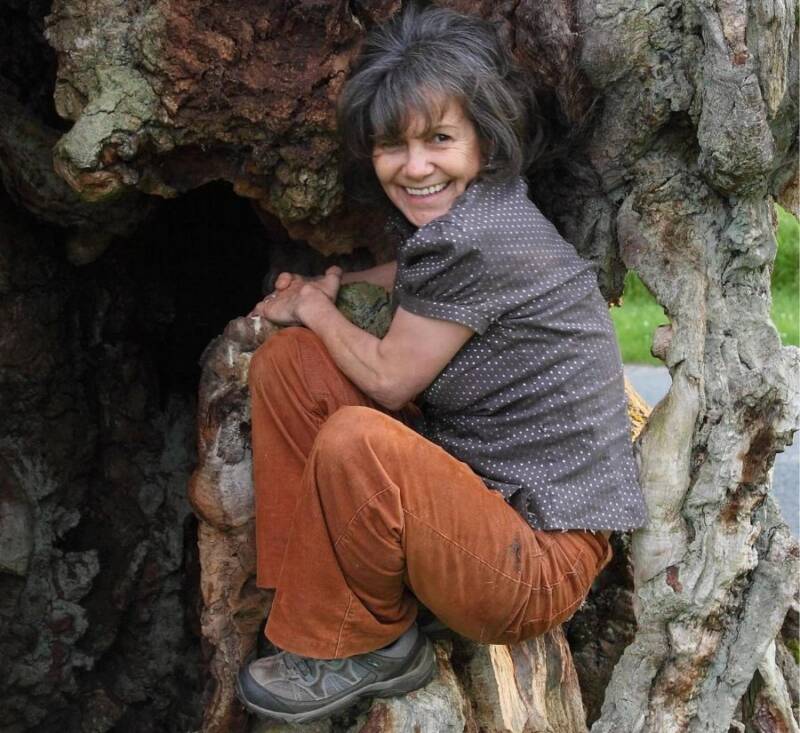
The kids thought it was super fun. It wasn’t until the kids got older and met other parents that they discovered their mom may be a little strange.
Homesick With No Way Home
Marina could never find the rainforest she grew up in, but she wants to keep looking. She thought the monkeys might remember her if they were still alive.
They were able to track down the brothel location. It was known as the mafia house, where she was sold and forced to clean with beatings. Some of the neighbors remembered her as the girl from the jungle.
She discovers they have moved and that most past residents have died. Her daughter Vanessa said it looked like her mom wanted to do something to them; Marina didn’t know what she would do if she found them. For their sake, they were lucky to be dead or gone.
She has quite a reputation for being tough. She said she learned to tackle problems head-on as a survivor and get it over with by striking first. Her husband, John, boasts no one ever beats her arm wrestling.
Is She Telling The Truth?
With every great story comes speculation. Some questions remain unanswered, such as how can what she says be trusted if she can’t remember her life before the kidnapping. Not many people remember being four years old, anyway.
Why can’t she find the jungle she lived in? Some would think that proves it’s made up, while others would understand how a traumatized child could forget details.
Did she make up the story to deal with traumatic childhood abuse? Could it be false memory syndrome?
What do the experts say? A professor in Columbia named Carlos Conde performed a test on Marina using pictures of her adopted family and some pictures of monkeys. He was convinced that she was telling the truth.
However, Christopher French from the University of London believes the test results Carlos received were unreliable because he thought they were affected by her having false memory syndrome.
A primatologist didn’t think capuchin monkeys could form a strong bond.
The forensic anthropologist did find evidence of childhood malnutrition in her bones, which helped to corroborate her story. There seems to be conflict in evidence and no definitive answers.
If she is affected by false memories, what horrors might be hiding from her past that she may have masked?
One thing most people agree on is that she is emotionally telling the truth. If she was making it up, though, why would all profits from her book be donated to children?
Wouldn’t her goal be to make money from her story? Have you ever known a scam artist to contribute to a good cause? Do you need more evidence to be convinced about Marina Chapman’s story? Or do you believe that she is telling the truth?
Sources
https://allthatsinteresting.com/marina-chapman
https://www.theguardian.com/science/2013/apr/13/marina-chapman-monkeys


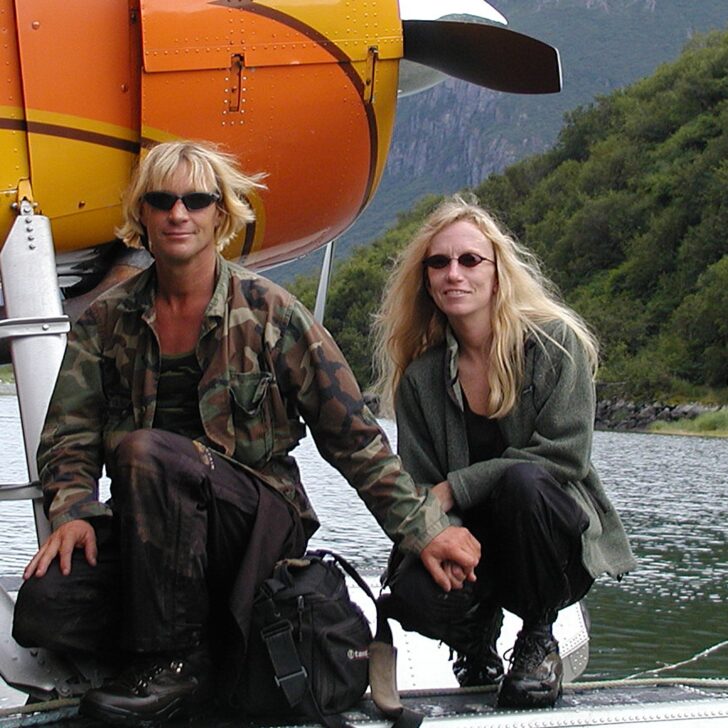


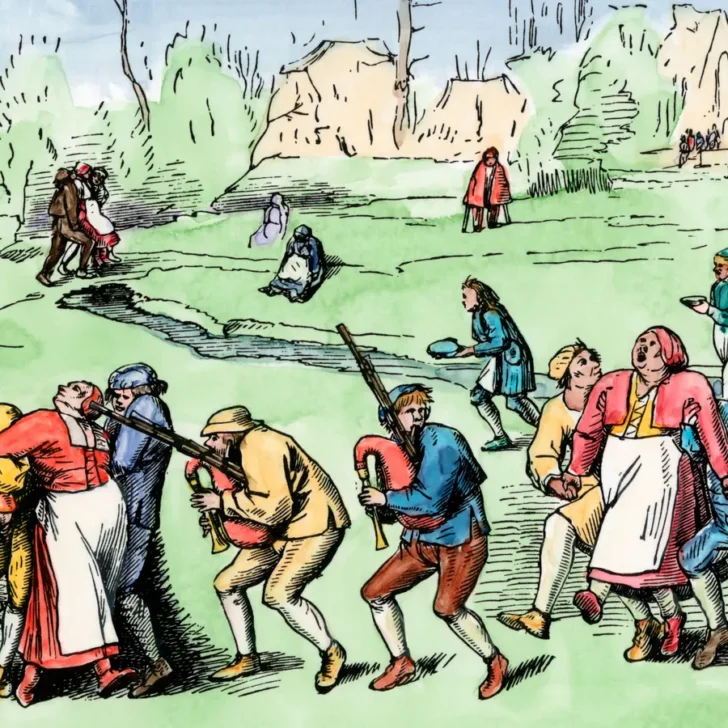


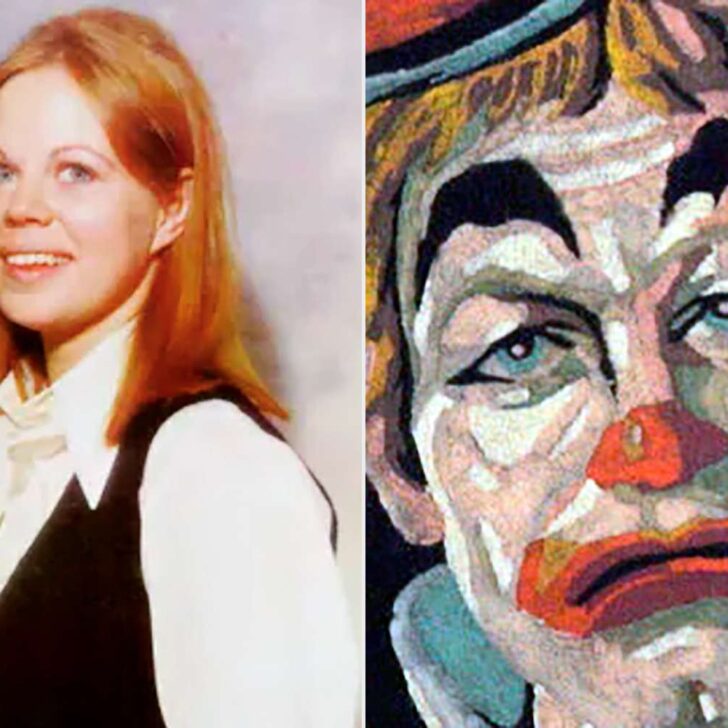
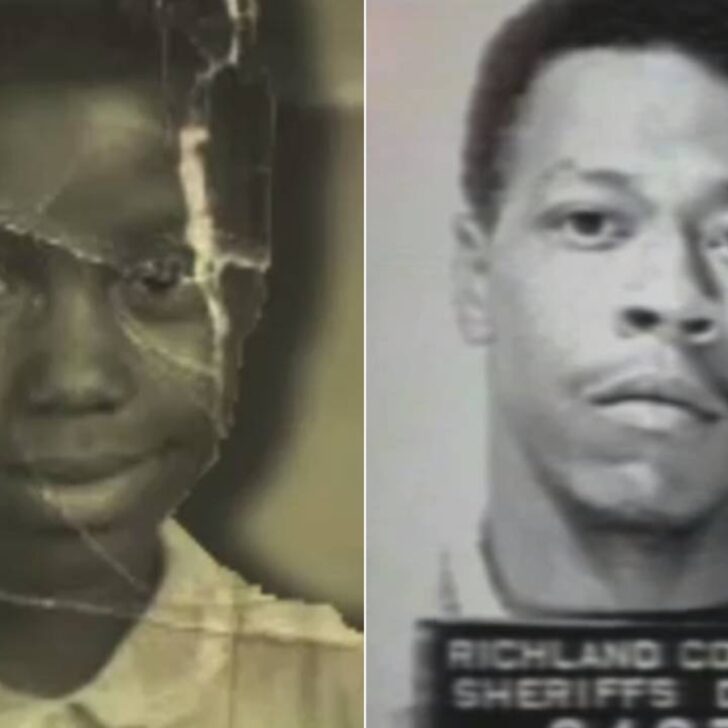



Leave a comment